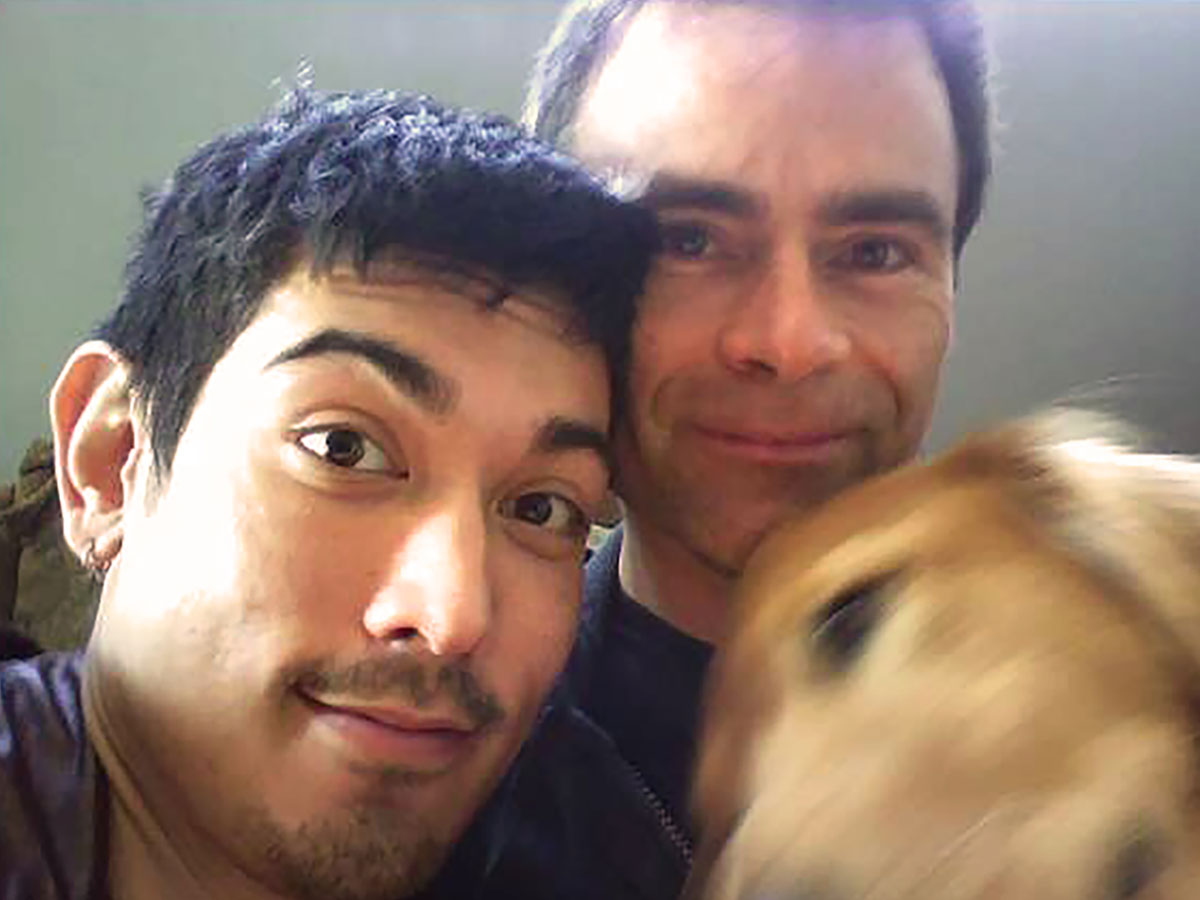About this interview
In a 2009 interview with Ryan Minic of Ryan’s Rock Show, legendary producer Ross Robinson reflected on his career, creative philosophy, and the emotional depth he brings to the recording process. Known for shaping the sounds of Korn, Slipknot, Glassjaw, and At The Drive-In, Robinson described his hands-on, immersive approach to production, often embedding himself within bands as if he were a member. He emphasized the importance of raw emotion over technical perfection, rejecting artificial enhancements like Auto-Tune and click tracks in favor of capturing genuine human energy.
Robinson shared his perspective on the vulnerability of artists, explaining how he encourages musicians to strip away their emotional barriers to create music that is deeply personal and impactful. He recounted moments in the studio where musicians uncovered repressed trauma, using those emotions to fuel their performances. His process often involves intense psychological exploration, pushing artists to express their deepest truths in their recordings.
Reflecting on the rise of nu-metal and the impact of bands like Korn and Limp Bizkit, Robinson admitted he never anticipated their mainstream success. He described the excitement of hearing Korn’s early records reach their first 500 listeners and how the raw intensity of their music resonated on a massive scale. He also touched on his work with At The Drive-In, recalling being moved to tears when seeing them live for the first time and working with Cedric Bixler-Zavala to unlock deeper emotional layers in his performances. Beyond music, Robinson spoke about his personal journey, including overcoming an eating disorder and multiple serious motocross injuries. He shared how these experiences shaped his outlook on life, teaching him to surrender to pain rather than resist it, a lesson he applies to both personal struggles and the creative process. Throughout the conversation, Robinson reinforced his belief that music should be a visceral experience, driven by pure emotion rather than industry expectations.

